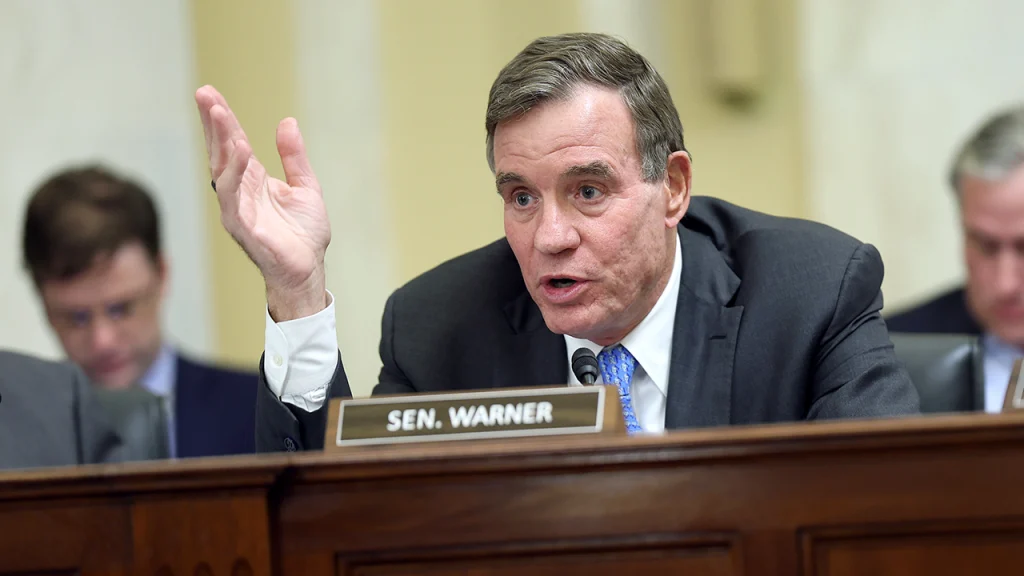Warner Condemns Partisan Military Briefings on Caribbean Drug Boat Strikes
In a move that has ignited significant controversy in Washington, Senator Mark Warner of Virginia, the top Democrat on the Senate Intelligence Committee, has strongly condemned the Trump administration for excluding Democrats from national security briefings regarding recent U.S. military strikes on alleged drug boats in the Caribbean. Warner didn’t mince words, calling the decision to brief only Republican lawmakers “indefensible and dangerous” and emphasizing that decisions about American military force “are not campaign strategy sessions, and they are not the private property of one political party.” This partisan approach to national security briefings represents an unusual break from traditional protocol, where matters of military action are typically presented to lawmakers from both parties, particularly those serving on relevant committees with oversight responsibilities.
The heart of the dispute centers on a series of military strikes that have targeted boats allegedly carrying narcotics, linked to the Venezuela-based Tren de Aragua gang. According to Pentagon press secretary Kingsley Wilson, these operations have resulted in fourteen separate strikes since September, with 61 people reportedly killed and only three survivors. Democrats have been demanding access to a legal opinion from the Justice Department’s Office of Legal Counsel that purportedly justifies these military actions. Warner specifically mentioned that Secretary Rubio had personally promised him in a face-to-face meeting that Democrats would receive the same briefing and legal justification documents as their Republican counterparts. Warner characterized the partisan “stunt” as a “slap in the face” to Congress’s constitutional war powers responsibilities and to service members, warning that it sets a “reckless and deeply troubling precedent.”
The Pentagon has pushed back against Warner’s criticism, insisting that “appropriate” committees have been briefed “numerous times throughout the operations targeting narco-terrorists” and that these briefings “have occurred on a bipartisan basis.” However, this assertion appears to contradict Warner’s claim that Democrats have been systematically excluded. Meanwhile, Democrats on the Senate Judiciary Committee have also weighed in, writing a letter demanding to review the legal justification behind the strikes. The letter acknowledges the serious nature of drug trafficking and its devastating impact on American communities but stresses that the President’s actions “must still conform with the law.” This request underscores broader concerns about the legal foundation for military operations that have resulted in dozens of deaths without clear public evidence or due process.
Interestingly, criticism of these operations isn’t coming solely from Democrats. Republican Senator Rand Paul of Kentucky has raised significant concerns about killing individuals without due process and the risk of harming innocent people. Paul has cited Coast Guard statistics indicating that a substantial percentage of boats boarded under suspicion of drug trafficking are ultimately found to be innocent. This bipartisan skepticism highlights the complex legal and ethical questions surrounding the use of military force against suspected drug traffickers. Paul has also argued that if the administration is planning to engage in war with Venezuela, it must seek a formal declaration of war from Congress, a position echoed by Republican Representative Thomas Massie of Kentucky.
The latest strike, announced by Pentagon chief Pete Hegseth, targeted a boat in the Eastern Pacific region and reportedly killed four men. President Donald Trump directly ordered this action, continuing the pattern of military engagement against suspected narco-trafficking vessels. However, questions remain about the identities of those killed in these operations and the evidence supporting the claim that drugs were indeed on board the targeted vessels. The Pentagon has not released this information, fueling concerns about transparency and accountability in what appears to be an expanding military campaign in international waters. The lack of public evidence has only intensified scrutiny from lawmakers concerned about both constitutional authority and potential civilian casualties.
The dispute reflects larger tensions between executive power and congressional oversight in matters of national security and military action. Warner’s statement that “Americans deserve a government that fulfills its constitutional duties and treats decisions about the use of military force with the seriousness they demand” speaks to fundamental questions about the separation of powers and proper procedures for authorizing the use of lethal force. As this situation continues to unfold, the debate touches on critical issues of constitutional authority, transparency in military operations, and the proper role of congressional oversight in matters of war and peace. Whether the administration will respond to demands for greater inclusion of Democratic lawmakers and provide the requested legal justification remains to be seen, but the controversy highlights enduring tensions in America’s constitutional system regarding who ultimately holds the power to authorize military force and under what circumstances.


